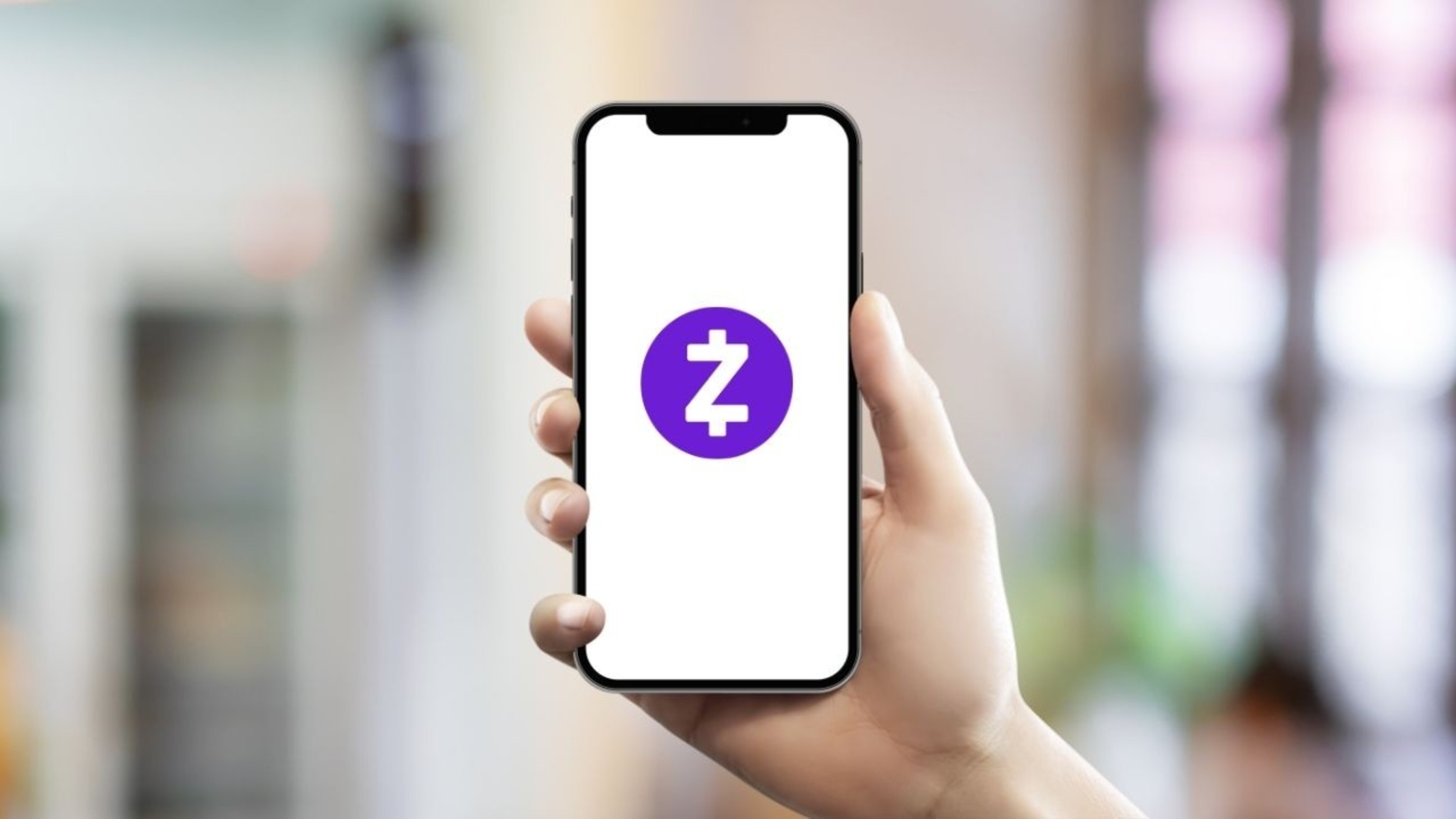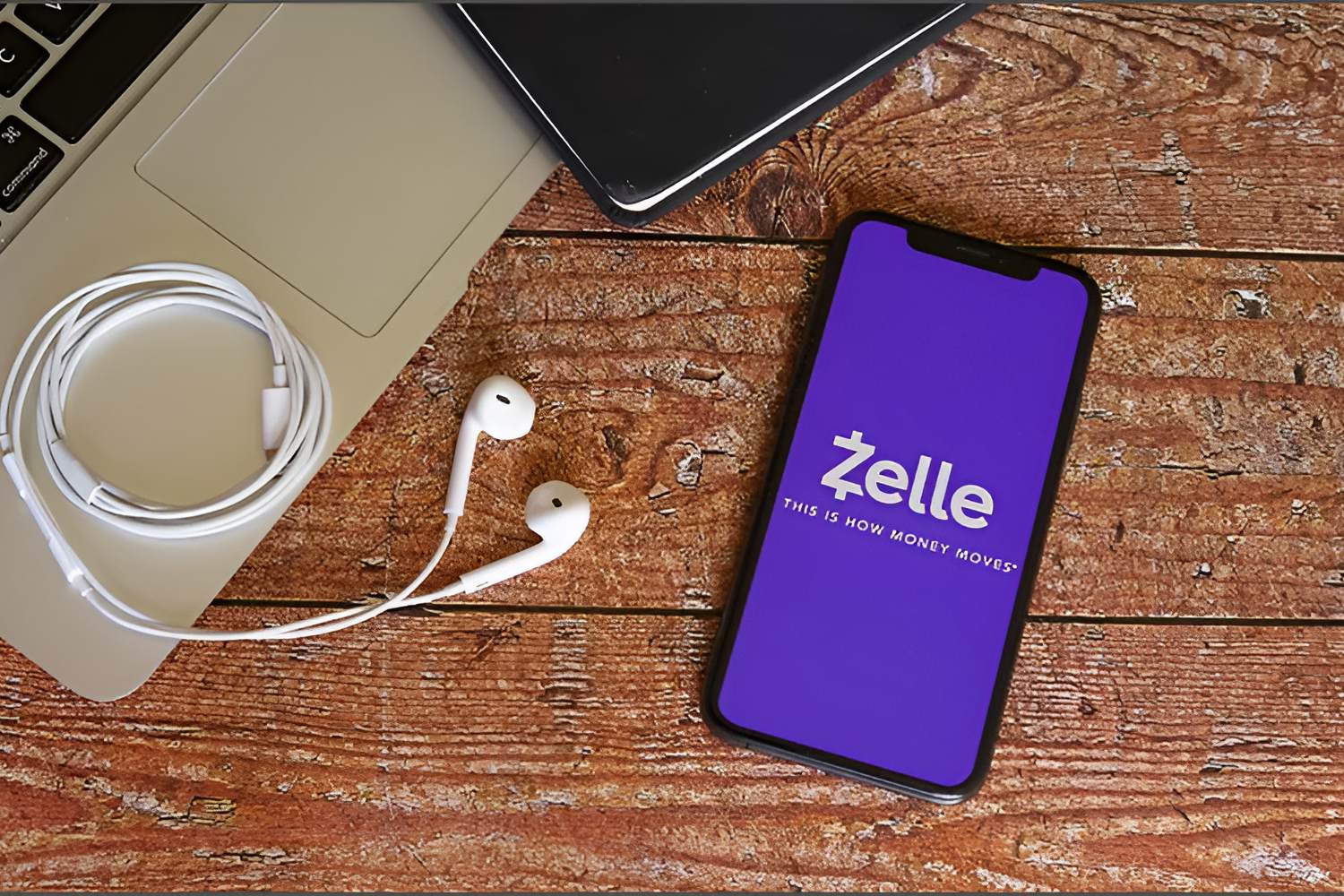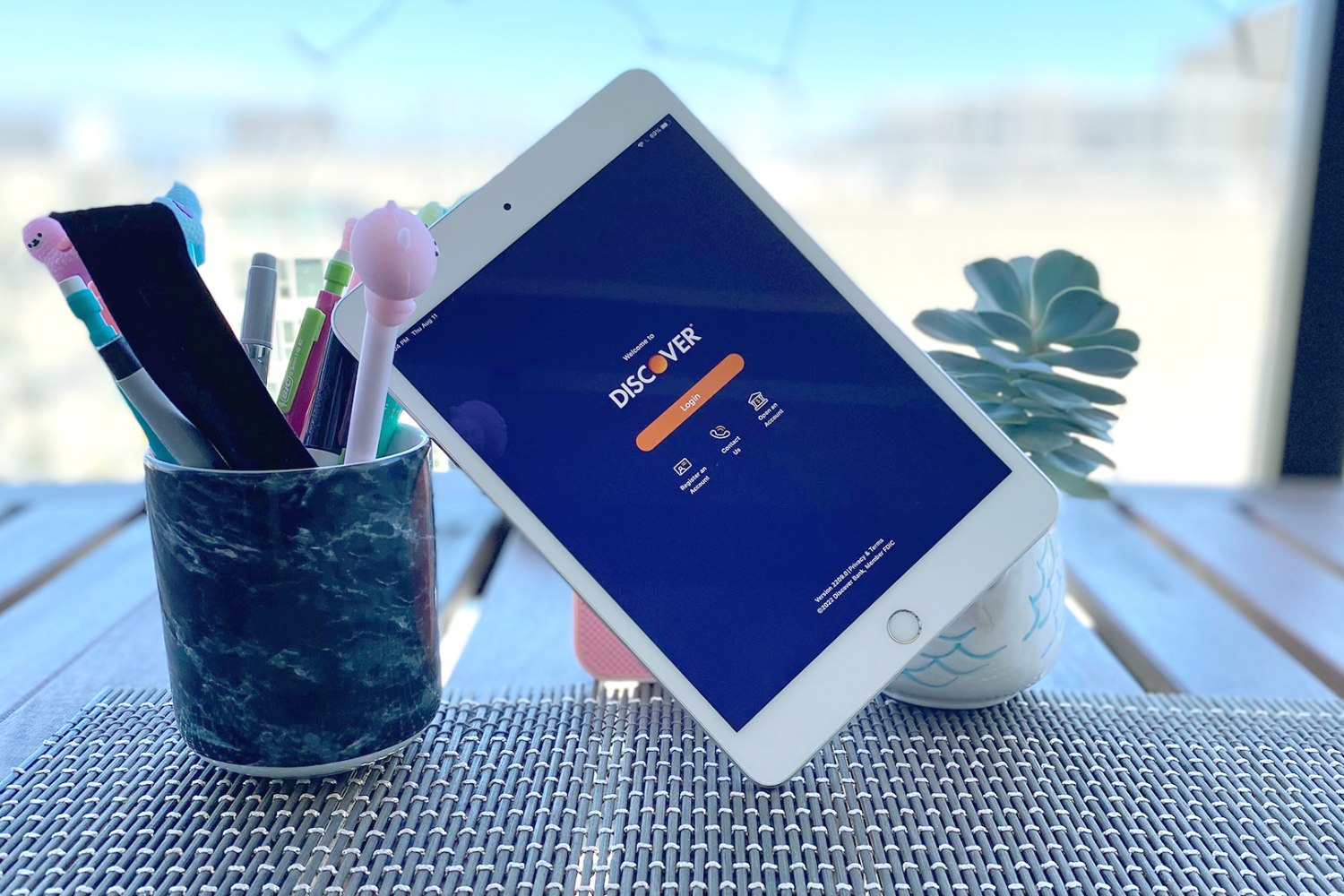Introduction
When it comes to transferring money from one bank to another, speed is often a crucial factor. Whether you’re making a domestic or international transfer, knowing how long it will take for the funds to reach the recipient can help you plan accordingly. The time it takes for money to transfer from bank to bank can vary depending on several factors, including the type of transfer, the participating banks, and any additional services or options you choose.
In this article, we will explore the various factors that can affect transfer times, including domestic and international transfers. Additionally, we will discuss expedited transfer options and provide some useful tips to help speed up your bank-to-bank transfers.
Understanding the factors influencing transfer times is essential, as it allows you to set realistic expectations and avoid unnecessary delays. It’s important to note that while banks generally strive to process transfers as quickly as possible, certain circumstances, such as weekends, holidays, or banking regulations, may impact the overall transfer time.
Whether you’re transferring funds for personal or business purposes, staying informed about transfer times can provide peace of mind and ensure timely delivery. So, without further ado, let’s dive into the details of how fast money transfers from bank to bank!
Factors Affecting Transfer Time
Several factors come into play when determining how long it takes for money to transfer from one bank to another. Understanding these factors can help you manage your expectations and plan your finances accordingly.
1. Bank Processing Time: The processing time of each bank involved in the transfer can significantly influence the overall transfer time. Some banks may have faster processing systems, while others may take longer to handle transfers. It’s worth noting that smaller banks or credit unions may have a slightly longer processing time compared to larger financial institutions.
2. Payment Method: The payment method you choose can also impact the transfer time. If you’re transferring funds using wire transfers or electronic payment systems, the process may be faster compared to traditional methods like checks. Wire transfers are typically quicker as they involve direct electronic transfer between banks without the need for physical checks to be processed.
3. Transfer Amount: The amount you’re transferring can affect the processing time as well. Larger transfers may require additional verification and security measures, which can result in a slightly longer transfer time. On the other hand, smaller transfers are often processed more quickly.
4. Transfer Type: Whether you’re making a domestic or international transfer can also impact the transfer time. Domestic transfers within the same country tend to be quicker as they only involve one banking system. International transfers, on the other hand, may require additional processing time due to currency conversions and compliance checks.
5. Cut-Off Times: Banks often have cut-off times for processing transfers. If you initiate a transfer after the cut-off time, the processing may be delayed until the next business day. It’s essential to be aware of these cut-off times to ensure your transfer is processed promptly.
These factors, in combination with other external factors such as weekends, holidays, and any unforeseen circumstances, can influence the overall transfer time. While banks aim to provide efficient and timely services, it’s important to consider these factors and plan your transfers accordingly.
Domestic Bank Transfer Times
Domestic bank transfers, which involve transferring funds between accounts within the same country, generally have faster processing times compared to international transfers. However, the exact transfer time can vary depending on the participating banks and the transfer method chosen. Here are some general guidelines:
1. Same-day transfers: Many banks offer same-day transfer options for domestic transfers, especially if the transfer is initiated early in the day. This means that the funds will be available in the recipient’s account on the same business day.
2. Next-day transfers: If you miss the same-day transfer cut-off time or if the banks involved do not offer same-day transfers, the funds will typically be transferred on the next business day. This means the recipient should receive the funds within 24 hours.
3. Within 2-3 business days: In some cases, especially for transfers between different banks or credit unions, the transfer may take 2-3 business days to complete. This could be due to additional verification processes or processing times specific to the banks involved.
It’s important to note that weekends and holidays may impact the transfer time for domestic transfers. If you initiate a transfer on a Friday or a day before a holiday, the processing time may be delayed until the next business day.
Additionally, if you’re transferring funds to an account held with a different bank, it might take longer compared to transferring within the same bank. The recipient’s bank might need additional time to verify and process the incoming transfer.
Always check with your bank for their specific transfer times and any cut-off times that apply. They can provide you with accurate information on how long it will take for the funds to be available in the recipient’s account.
Now that we’ve covered domestic transfer times, let’s move on to international bank transfer times.
International Bank Transfer Times
Transferring money internationally involves additional processes and considerations compared to domestic transfers, which can result in longer transfer times. The exact duration of an international bank transfer depends on various factors, including the participating banks, the currencies involved, and any intermediary banks. Here’s what you need to know about international transfer times:
1. Standard international transfers: A standard international bank transfer typically takes anywhere from 2 to 5 business days. The exact time can vary depending on the countries involved and the efficiency of the banking systems. The transfer may require currency conversion, compliance checks, and multiple banks in the transaction chain, which can contribute to the longer processing time.
2. Expedited international transfers: Some banks offer expedited transfer options for international transfers, for an additional fee. These expedited transfers can significantly reduce the transfer time, with funds reaching the recipient’s account within 1 to 2 business days. It’s important to check with your bank for the availability and fees associated with expedited international transfers.
3. Intermediary bank delays: International bank transfers may involve one or more intermediary banks that facilitate the transfer between the sender’s and recipient’s banks. Delays can occur if these intermediary banks have additional processing requirements or if there are communication delays between the banks involved. These delays can add a day or two to the overall transfer time.
4. Time zone differences: Time zone differences between sending and receiving countries can also impact the transfer time. If you initiate a transfer outside of the recipient’s banking hours or during weekends or holidays, the processing may be delayed until the next business day in their country.
When planning an international bank transfer, it’s crucial to consider these factors and allow for ample transfer time. Keep in mind that unforeseen circumstances, such as public holidays or bank-specific regulations, may further extend the transfer time.
It’s always recommended to consult with your bank or utilize online banking platforms for accurate estimates of international transfer times. They can provide you with specific information based on the countries involved and any additional services you choose.
Now that we’ve discussed international transfer times, let’s explore expedited transfer options that can help expedite the transfer process.
Expedited Transfer Options
If you’re in need of faster transfer times for your bank-to-bank transfers, there are several expedited options available. These options can help ensure that your funds reach the recipient’s account in a shorter timeframe. Here are a few expedited transfer options to consider:
1. Wire Transfers: Wire transfers are one of the fastest ways to transfer funds between banks. They involve sending funds electronically from one bank account to another, bypassing any physical checks or processing delays. Wire transfers are typically completed within the same business day, making them ideal for urgent transfers.
2. Priority or Express Transfers: Many banks offer priority or express transfer services for an additional fee. These services prioritize your transfer above regular transfers and can significantly reduce the transfer time. With priority or express transfers, you can expect funds to reach the recipient’s account within 1 to 2 business days, or even faster in some cases.
3. Online Payment Platforms: Online payment platforms, such as PayPal, Venmo, or other digital wallets, offer instant payment options. If both the sender and recipient have accounts on the same platform, you can initiate instant transfers that are completed within seconds. However, it’s important to note that these platforms may have limitations on the transfer amounts and compatibility between different banks and countries.
4. Bank-Specific Expedited Services: Some banks may offer their own expedited transfer services, allowing you to choose faster processing for your transfers. These services may come with an additional fee, but they can significantly reduce the transfer time. Check with your bank to see if they offer any expedited transfer options and inquire about the associated fees.
When opting for an expedited transfer option, it’s crucial to familiarize yourself with any fees or limitations that may apply. Some services may have transaction limits or higher costs, so it’s important to review the terms and conditions before initiating the transfer.
By utilizing these expedited transfer options, you can ensure that your funds reach the recipient’s account in a shorter timeframe, providing you with the speed and convenience you need.
Now that we’ve explored expedited transfer options, let’s move on to some tips to help speed up your bank-to-bank transfers.
Tips to Speed Up Bank-to-Bank Transfers
While the speed of bank-to-bank transfers largely depends on the banks and transfer methods chosen, there are a few tips you can follow to help expedite the process. By considering these tips, you can potentially reduce transfer times and ensure smoother transactions. Here are some tips to speed up your bank-to-bank transfers:
1. Provide Accurate Information: When initiating a transfer, ensure that you provide accurate and up-to-date information, including the recipient’s account number, bank name, and routing number. Any errors or discrepancies can result in delays and additional verification processes.
2. Choose Faster Transfer Methods: Opt for faster transfer methods like wire transfers or electronic payments, which can expedite the transfer process compared to traditional methods like checks.
3. Be Mindful of Cut-Off Times: Familiarize yourself with the cut-off times of your bank for processing transfers. Initiating a transfer before the cut-off time ensures that it gets processed on the same business day, reducing unnecessary delays.
4. Utilize Online or Mobile Banking: Take advantage of online or mobile banking platforms for initiating transfers. These platforms often offer convenient features and faster processing times compared to in-person or phone initiations.
5. Verify International Transfer Requirements: If you’re making an international transfer, ensure that you meet all requirements regarding the currency conversion and compliance checks. Provide any necessary documentation promptly to expedite the transfer process.
6. Consider Expedited Transfer Services: Explore the expedited transfer options offered by your bank, such as priority or express transfers. Although these services may come with additional fees, they can significantly reduce transfer times for urgent transactions.
7. Stay Updated with Bank Holidays: Be aware of bank holidays in your country and the recipient’s country, as these can impact transfer processing times. Avoid initiating transfers on holidays to prevent unnecessary delays.
8. Communicate with Your Bank: If you require a swift transfer for a specific reason, such as time-sensitive payments, communicate with your bank and explain your situation. They may be able to provide guidance or offer expedited services tailored to your needs.
By following these tips and being proactive in managing your bank-to-bank transfers, you can help speed up the transfer process and ensure that your funds reach the intended recipients in a timely manner.
Now that we’ve discussed tips to speed up bank-to-bank transfers, let’s conclude the article.
Conclusion
Transferring money from one bank to another is a common practice in today’s digital world. Understanding the factors that affect transfer times and utilizing the available options can help you navigate the process more efficiently. Whether you’re making a domestic or international bank transfer, several factors come into play, including bank processing time, payment method, transfer amount, transfer type, and cut-off times.
Domestic bank transfers typically have faster processing times, with options for same-day or next-day transfers. International transfers, on the other hand, may take a bit longer due to additional processes like currency conversion and compliance checks. However, expedited transfer options, such as wire transfers or priority services, can speed up the transfer time for both domestic and international transfers.
To ensure smooth and timely bank-to-bank transfers, it’s essential to provide accurate information, choose faster transfer methods, be mindful of cut-off times, and utilize online or mobile banking platforms. Additionally, staying updated with bank holidays and communicating with your bank about any specific needs can help expedite the transfer process.
Remember to check with your bank for their specific transfer times, fees, and any available expedited services. Each bank may have different processes and options, so it’s important to stay informed and choose the best approach for your needs.
By following these tips and understanding the various factors at play, you can optimize your bank-to-bank transfers and ensure that your funds are transferred quickly and securely.
I hope this article has provided you with valuable insights into the factors affecting transfer times, domestic and international transfer durations, expedited transfer options, and tips to speed up your bank-to-bank transfers. By implementing these strategies, you can navigate the transfer process with confidence and efficiency.
Happy transferring!

























